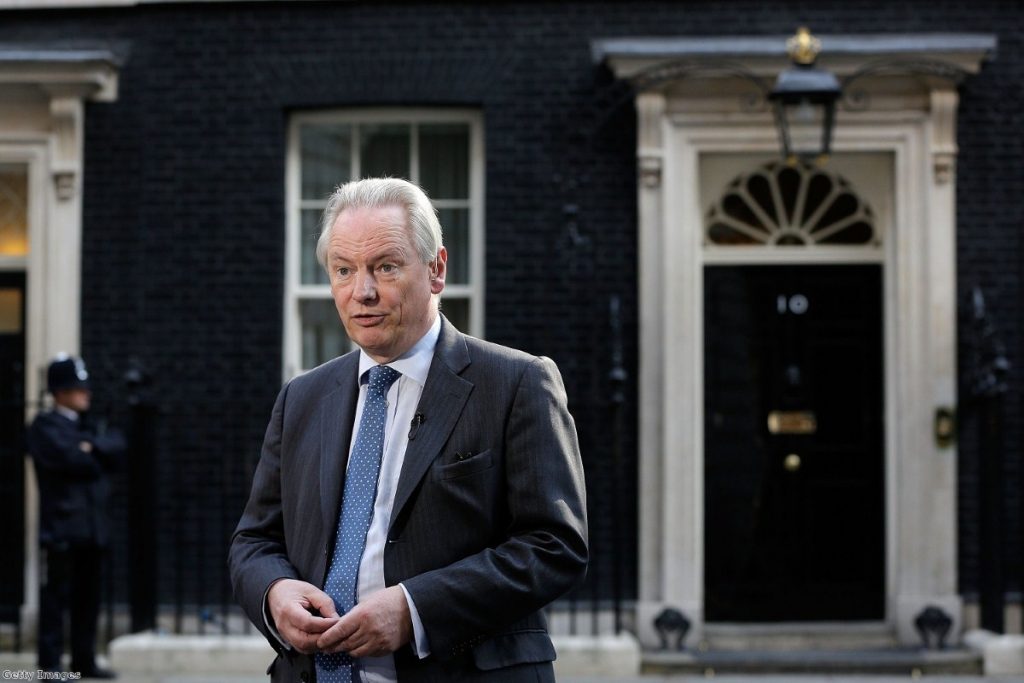Poisoned government: Ministers’ war with civil servants reaches new depths
The mutual contempt between coalition ministers and their senior civil servants is now so bad it is putting the effectiveness of government at risk, a think-tank has warned.
The Institute for Government (IfG), which has played a key role behind the scenes in helping ministers adopt to life in coalition, broke cover last night with a briefing note criticising the animosity now overshadowing Whitehall.
It comes as Cabinet Office minister Francis Maude launched yet another public attack on the civil service, pushing Whitehall deeper into a bitter internal war now threatening to consume the government.
Relations between minister and their officials have been soured by conflict over the way in which permanent secretaries are appointed, dissent at the unprecedented scale of the reforms underway amid drastic spending cuts and big failures like the West Coast mainline franchise fiasco.


"It is counter-productive for politicians and civil servants to engage in mutual scapegoating based on half-truths and myths which ignore what is really happening," the IfG, headed by Peter Riddell, said.
"Delivering change on the unprecedented scale now underway in Whitehall, alongside big spending cuts, is a high risk strategy.
"For reform to succeed it will require continued efforts by the civil service supported by consistent political backing from ministers. Above all a mutual respect for each other's challenges in these very testing times will go a long way."
The IfG has called for urgent improvements in the level of skills and competence in handling big projects.
It is worried by government departments' apparent lack of interest in value for money and warned about the absence of quality control in the policy-making process.
The coalition's civil service reform plan is now behind schedule in some areas, with progress struggling when it comes to open policymaking, accountability and improving capabilities.
A one-year-on review will take place in the summer, but Maude underlined his commitment to pressing on with the changes earlier.
"There are a lot of weaknesses which are persistent and have been unaddressed for too long," he said.
"We have to change and reform. You need to have civil servants giving candid advice and the best ministers want that."
He claimed that ministers have complained they tell civil servants to complete a task and then discover them working in areas "that have nothing to do with what they've asked to be done".
Earlier this week the coalition received support from an unexpected quarter, when former prime minister Tony Blair attacked the civil service for being "hopelessly bureaucratic".
The IfG said morale in the civil service had held up "relatively well", given it has shrunk by 54,000 to 424,000 since the 2010 spending review.
"That's not to say there isn't a serious problem with relationships at the top of government," its briefing acknowledged.
"Heavy turnover amongst permanent secretaries over past two years has created serious tensions and has worked against the civil service.
"Seven secretaries of state, all in major departments, have been in post longer than their permanent secretaries, changing the balance of power at the top."
Separate question-marks have been raised about the efficiency of David Cameron's communications team, after former policy guru Steve Hilton revealed No 10 frequently found out about policy initiatives from other government departments via press reports.

